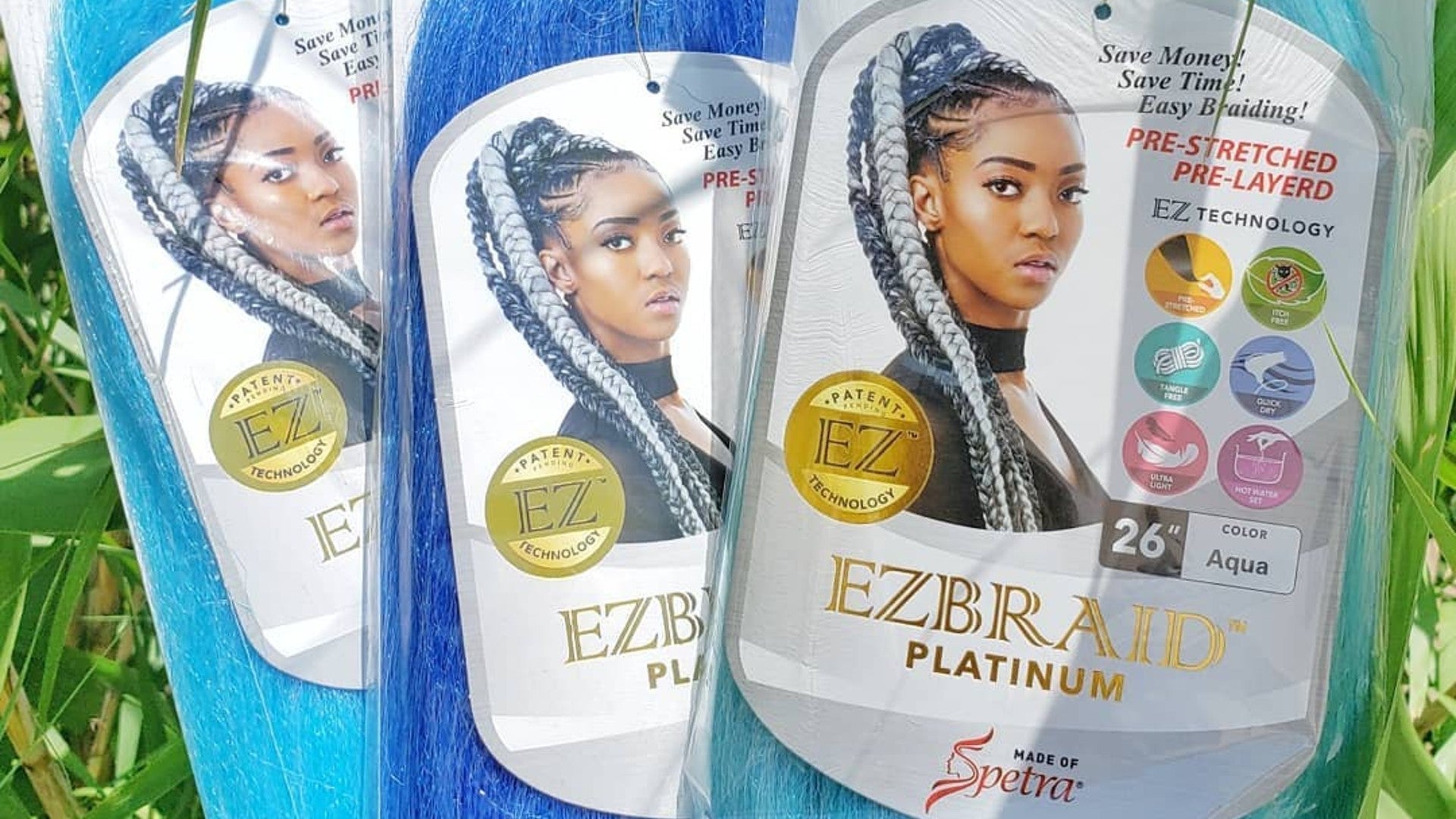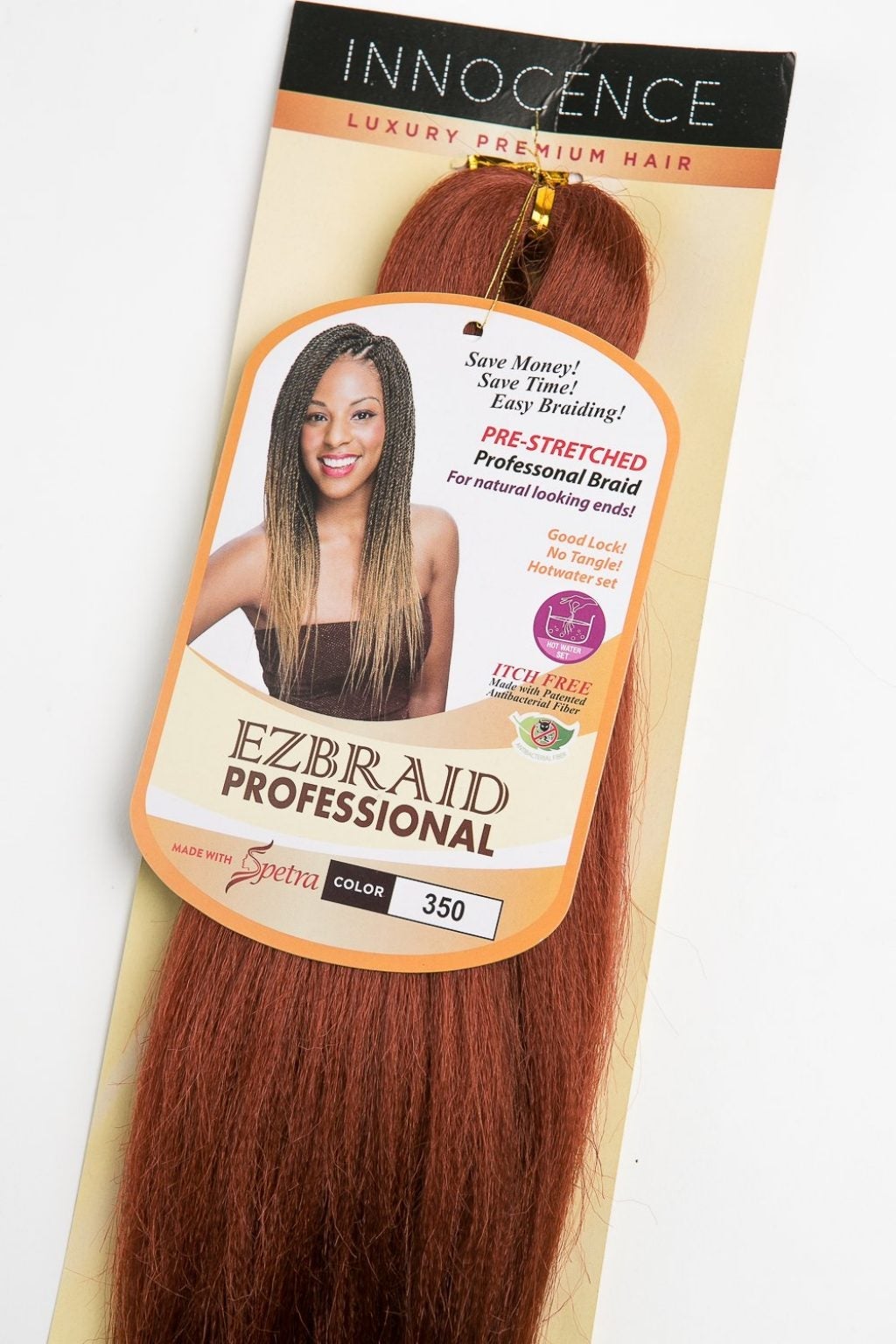
I&I Corporation, a distributor of Hetian Haolin Hair Accessories Co. Ltd., has come under fire in the wake of U.S. Customs and Border Protection (CBP) seizing hair from China suspected to be made by forced labor. Now, Will Chloe, the brand’s digital marketing manager, is setting the record straight.
“It was a surprise for all of us when we woke up and it was all over Times magazine, AP, Huffington Post, and not a single one had called us, which was disappointing,” Chloe tells ESSENCE.
Earlier this month, the Associated Press published a story with photos of Hetian Haolin hair mistakenly identified as the seized products. The story was about a withhold release order (WRO) or seizure that was placed by CBP on $800,000 worth of weaves and hair products manufactured by Lop County Meixin Hair Product Co Ltd., a manufacturer in the Xinjiang region. It referenced a May 1 withhold release order that was placed on Hetian Haolin Hair Accessories Co. Ltd., which manufactures in the same region.
According to Chloe, articles—including ESSENCE’s—which mentioned I&I as a U.S. distributor of Hetian Hoalin, lacked context and simplified the complexity of the situation.
Chloe explained that back in January, I&I received an email from someone in the human rights activist field stating that their products were being made in an internment camp in China. Because their headquarters are in Dallas, Texas, the company uses a broker to find global factories to produce their goods.
“We asked [the broker] to look into it, and as they were looking into it, we actually found out that part of our hair was coming from that region,” Chloe explains. “Now, we don’t know if it was actually coming from one of those factories, but we found out that it was coming from that region, and that region was where all the questions were coming from. So we told them we’re no longer going to take products from there.”
“And then in May these, I guess, leftover products from those factories were sent over to us. When we found out, we denied it and we actually had it shipped back and it never reached us,” he continued. “And then all of a sudden we see this article talking about a seizure that happened in July, and our product is there, the main photo. And they were talking about human hair. Our product isn’t even human hair.”

Chloe says that Hetian Haolin has many distributors, and the shipment held by CBP in May could have belonged to any number of sellers. The most updated records from ImportGenius, a company that tracks shipping and trade data around the world, confirms that the last import of hair products from Hetian Haolin received by I&I was back in February (and similarly on trade data site Panjiva). Representatives at CBP also confirmed that it has not yet detained any shipments under the May 1 WRO and that it also “generally does not name importers during ongoing investigations.”
I&I Hair specializes in synthetic hair for braiding and crocheting through its EZ Braid brand. It doesn’t manufacture or sell any human hair products. In fact, Chloe says, with every package of hair that’s sold, part of the proceeds goes to Food for the Hungry, a non-profit that provides resources such as clean water and food to boys and girls all over the world.
He says that for the past few months the company has been making sure to follow up with agents and brokers, and has been tightening communication efforts to ensure that none of this ever happens again. Not only did switching factories cost them in productivity, but the hit to their reputation was devastating.
“We’ve gotten so many messages from people, nasty messages, not really understanding what we’re about,” Chloe continued. “And I think that was the most hurtful thing, getting messages from consumers. And so I just want people to know that we actually stand against this. We’re not about any of that. We actually want to help fight against that. That’s not who we are.”
Despite the incident, he’s optimistic about moving forward. And since quarantine has caused a spike in hair braiding from home, Chloe says that he’s even seen more small Black-owned online hair businesses popping up during the pandemic.
But the distribution of products in the U.S. manufactured through forced labor in foreign countries continues to be a major issue according to CBP. I&I’s situation is proof that it can be complicated terrain to maneuver when you’re unable to be on the ground at these factories.
So for new businesses opening up during the pandemic there’s a particular need to be very intentional about where goods are being sourced and manufactured. A Withhold Release Order does not place a ban on trade for a particular commodity. But it does send a message to the domestic importer that they need to understand the supply chain of the products that they’re bringing in.
“We have a concept called reasonable care,” says CBP’s Executive Assistant Commissioner for Trade, Brenda Smith. “That is part of the custom’s law and requires U.S. importers to exercise due diligence, to ensure that the goods that they’re bringing in meet all the laws of the United States, including the one around forced labor.”

Since quarantine has prohibited importers from being able to travel to countries where their goods are manufactured, Smith suggests that companies take extra measures to ensure that that due diligence is met.
“In this time of limited travel, where [importers] may not be able to go and see for themselves, which is often how people are actually able to assess the risk of forced labor—by looking at the conditions in a particular factory, by asking about whether individuals are paid appropriately, whether the living conditions that are provided or the recruitment that is done for workers in those factories is appropriate and consistent with the standards of The International Labor Organization—often companies will do third party, social compliance audits,” she continues.
“This is a pretty widespread practice among what I would call reputable manufacturers and reputable importers,” finished Smith. “Those compliance audits typically provide a report and provide information about any concerns that may exist. As a purchaser, particularly if you are a significant purchaser, that information should be available to you.”